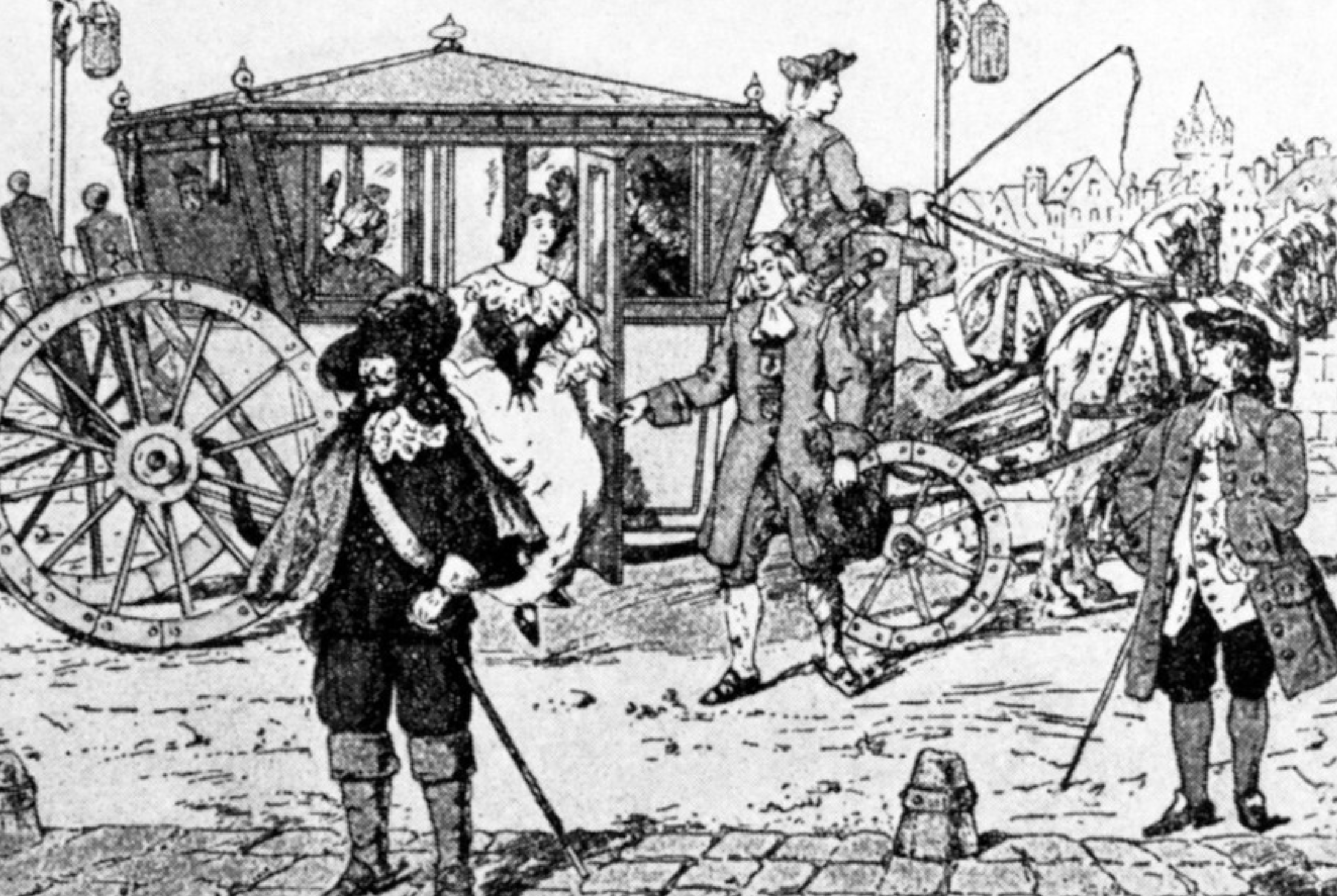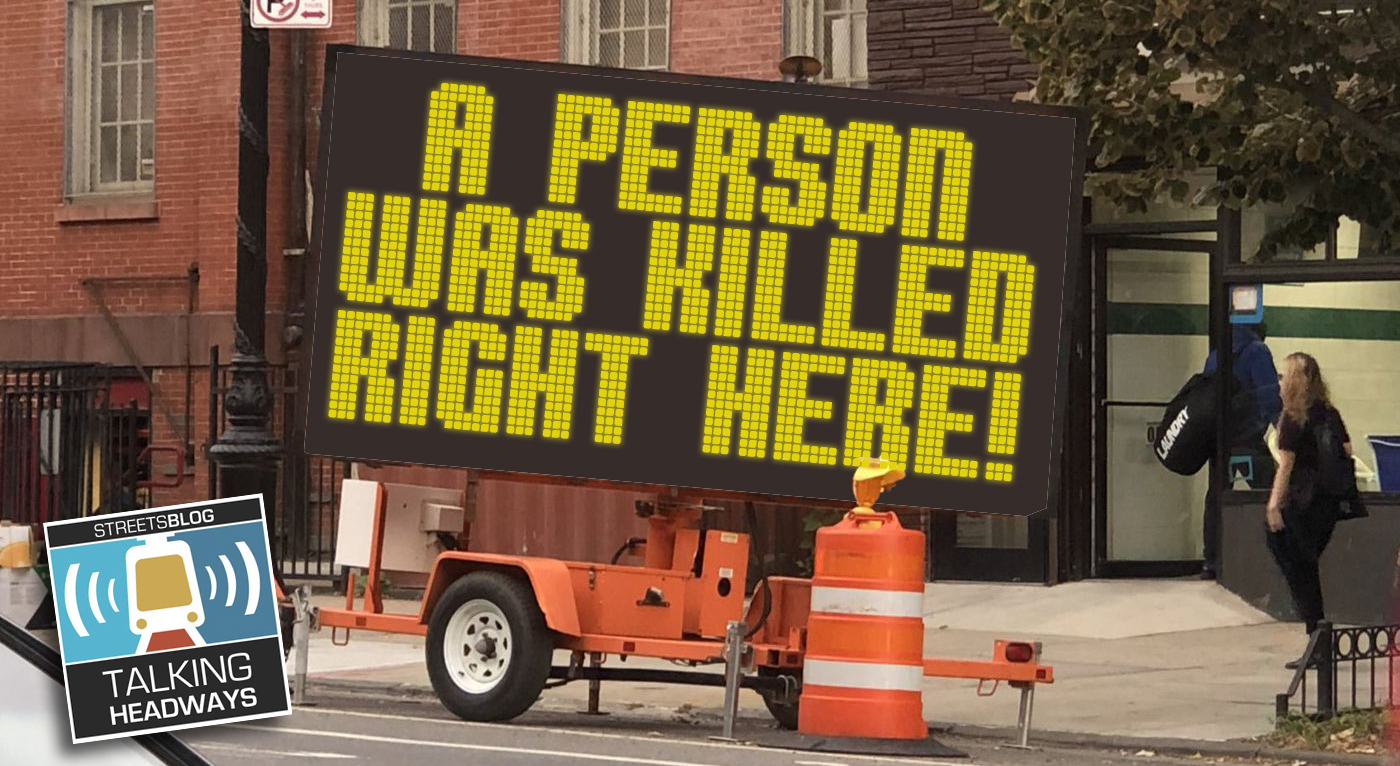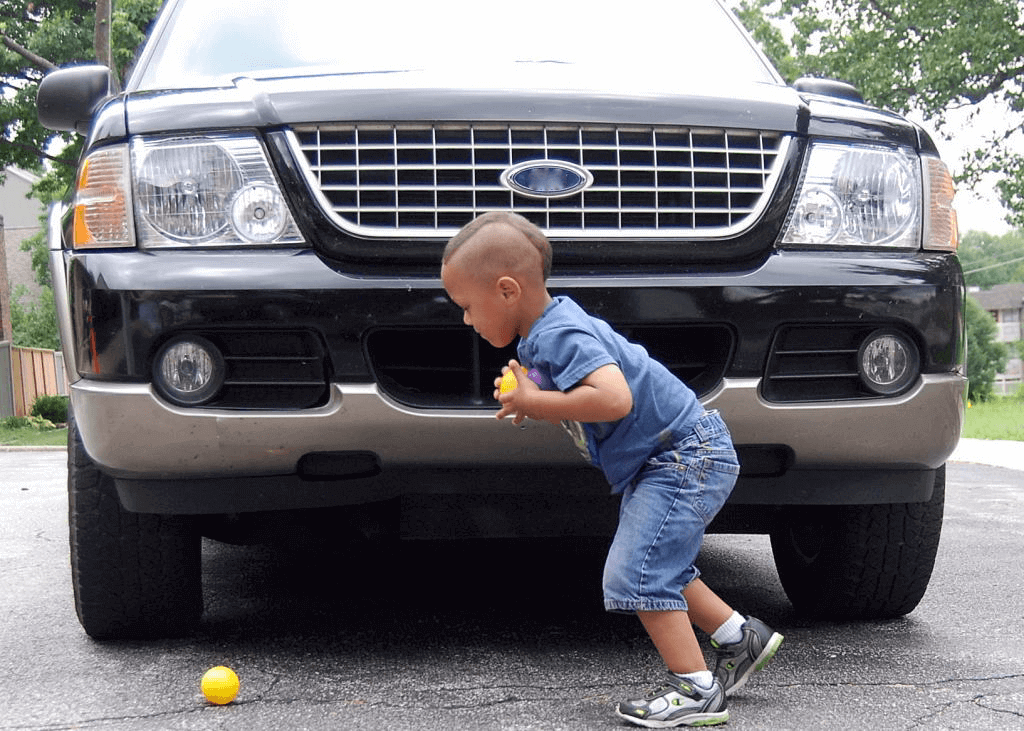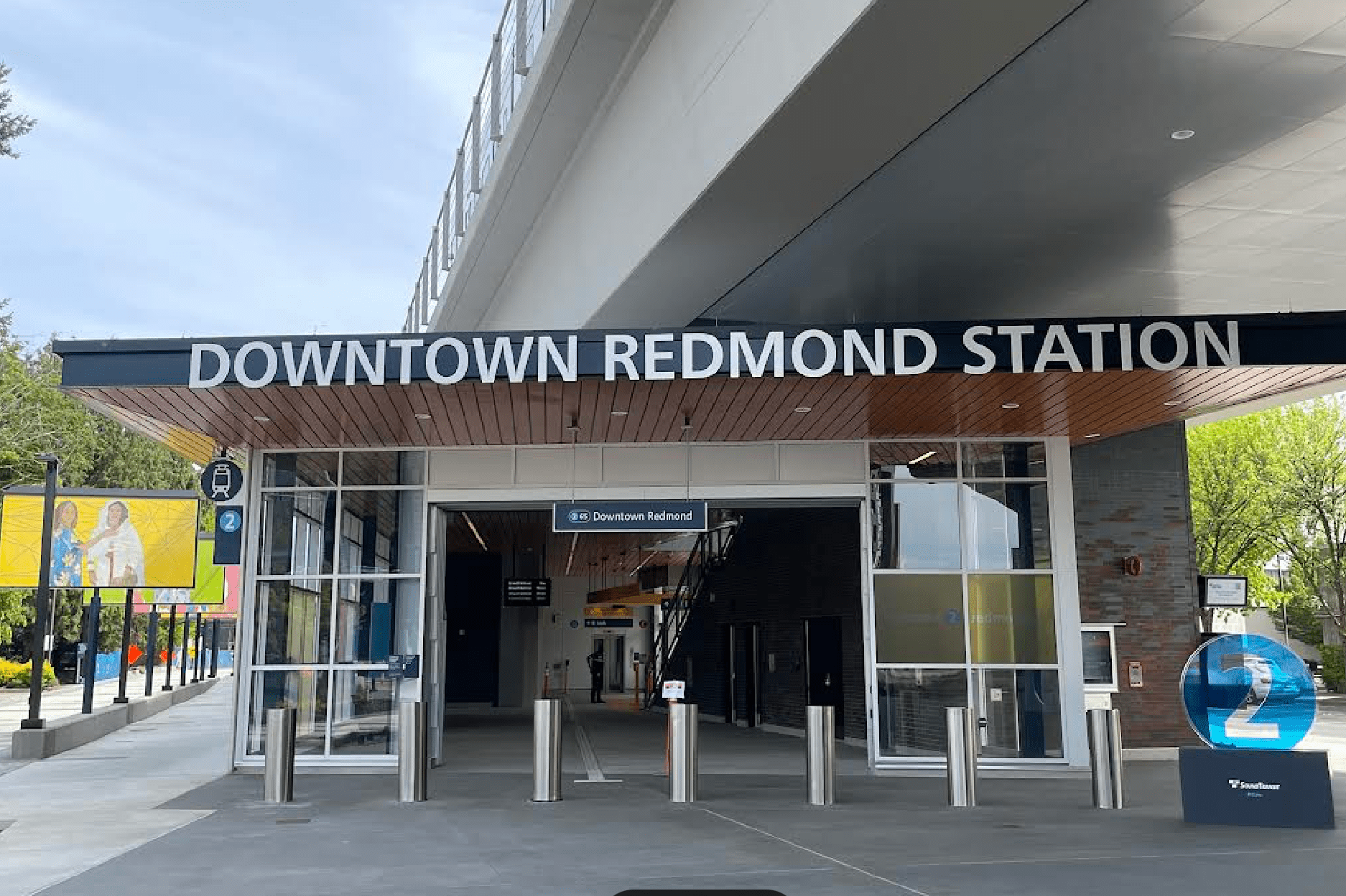On Monday, the U.S. DOT released a report concluding that the number of deaths caused by distracted drivers dropped 6 percent in 2009 -- from 5,838 the previous year to 5,474. The report was a prelude to the agency's second national summit on distracted driving, where the message from Transportation Secretary Ray LaHood was very clear: Distracted driving is preventable and enforcement works. LaHood pointed to a pilot enforcement program in Syracuse that has cut texting and cell phone use behind the wheel by about 40 percent.
Over at the National Journal's transportation experts blog, Greg Cohen, president of the American Highway Users Alliance, wasn't convinced that enforcement and driver responsibility are the answer. Writing that "we should admit that we all get distracted sometimes" and "enforced legislation and education can only go so far," Cohen argued that engineering cars and roads to be more "forgiving" of driver inattention and carelessness is the way to go.
Cohen's post prompted this response from Andy Clarke, president of the League of American Bicyclists:
I’m not interested in trying to walk or ride along the street as part of some giant fairground bumper car game where drivers feel like they can crash with relative impunity. I want drivers (and cyclists) to pay attention, drive carefully, and NOT crash. The focus for me has to be on improving driver behavior, attention and responsibility.
We have come a long way in improving the safety of vehicle occupants. Indeed, you could be forgiven for wondering why we aren’t doing dramatically better already after the introduction of seat belts, air bags, anti-lock brakes, crumple zones, roll-over protection and the like. After 50 years of highway design that has widened, and straightened roads; removed all manner of roadside obstacles (like killer trees); installed collapsible poles and safer guardrailing; limited access and crossings; rumbled, signed and marked roads with ever-increasing levels of visibility and reflectivity. After quite incredible improvements in medical treatment and EMS services in the event of crashes. Really, where have all the benefits to all these great developments disappeared? Why have we still been killing 40,000-plus people a year for decade after decade?
One possible answer could be that we are a nation of generally lousy, distracted, careless drivers who really don’t take the responsibility of driving seriously and are not held to account for that behavior individually or collectively. That needs to change, and focusing on distracted driving is a welcome opportunity to do just that.
Elsewhere on the Network today: Following the recent death of Green Party Senate Candidate Natasha Pettigrew in a hit-and-run collision with a motorist, Baltimore Spokes reports that Maryland has some of the country's most lenient vehicular manslaughter laws in the country. A Commute Orlando blogger analyzes the road conditions on a local thoroughfare after witnessing a motorist hit a cyclist. And the Seattle Transit Blog reports that tax revenue declines as a result of the recession will delay Seattle's 15-year voter-approved transportation plan.





